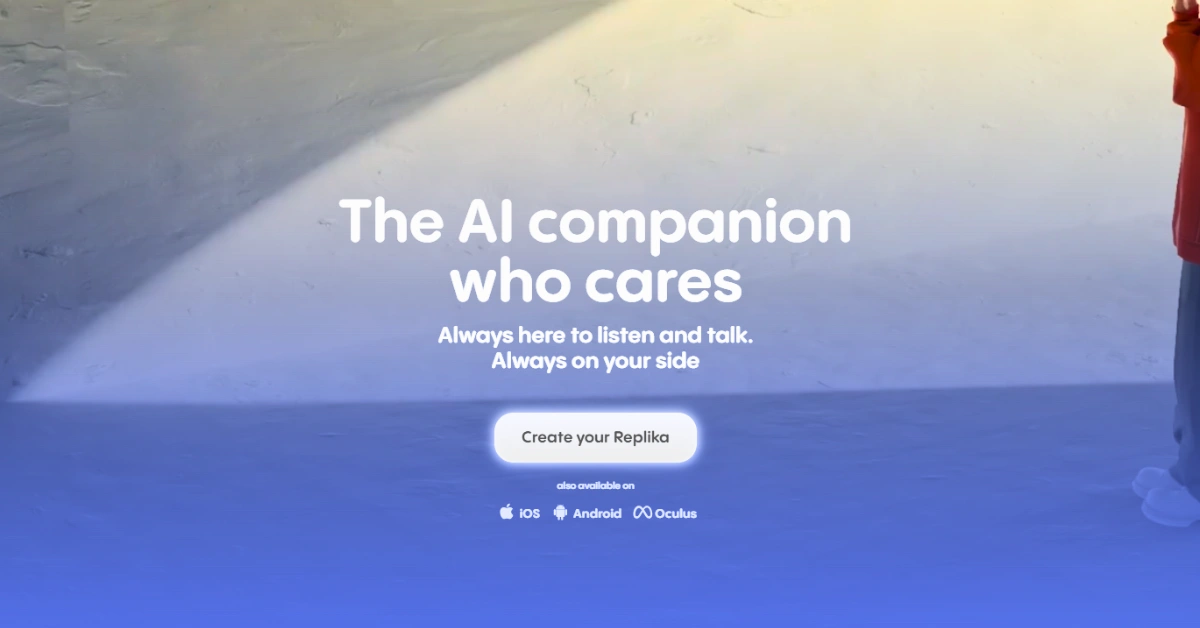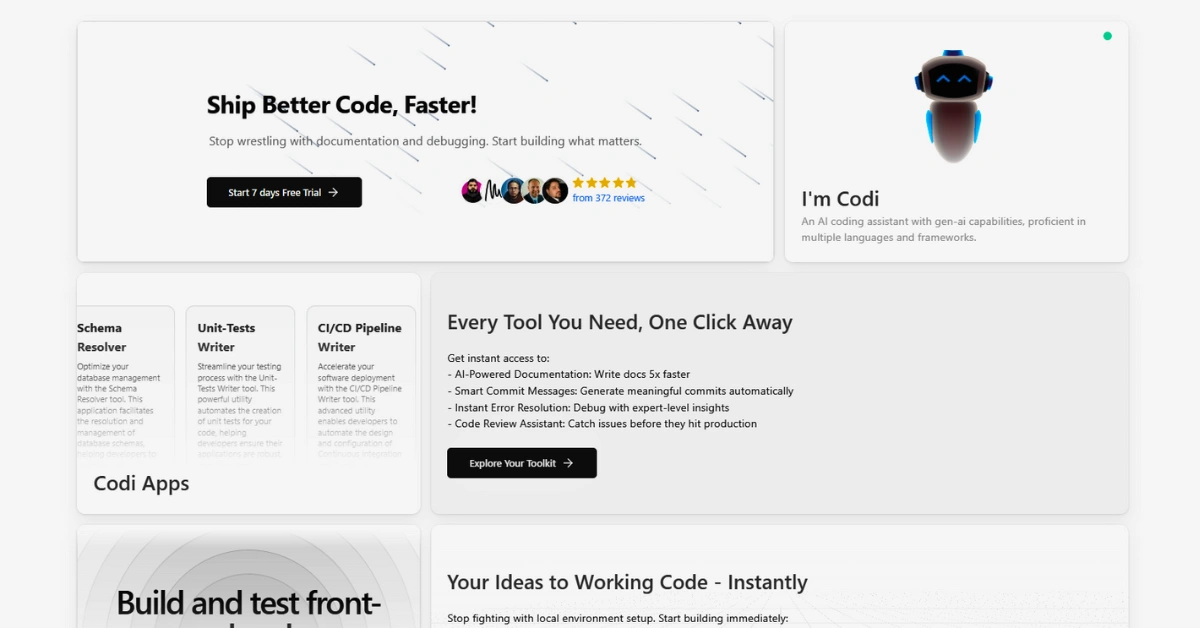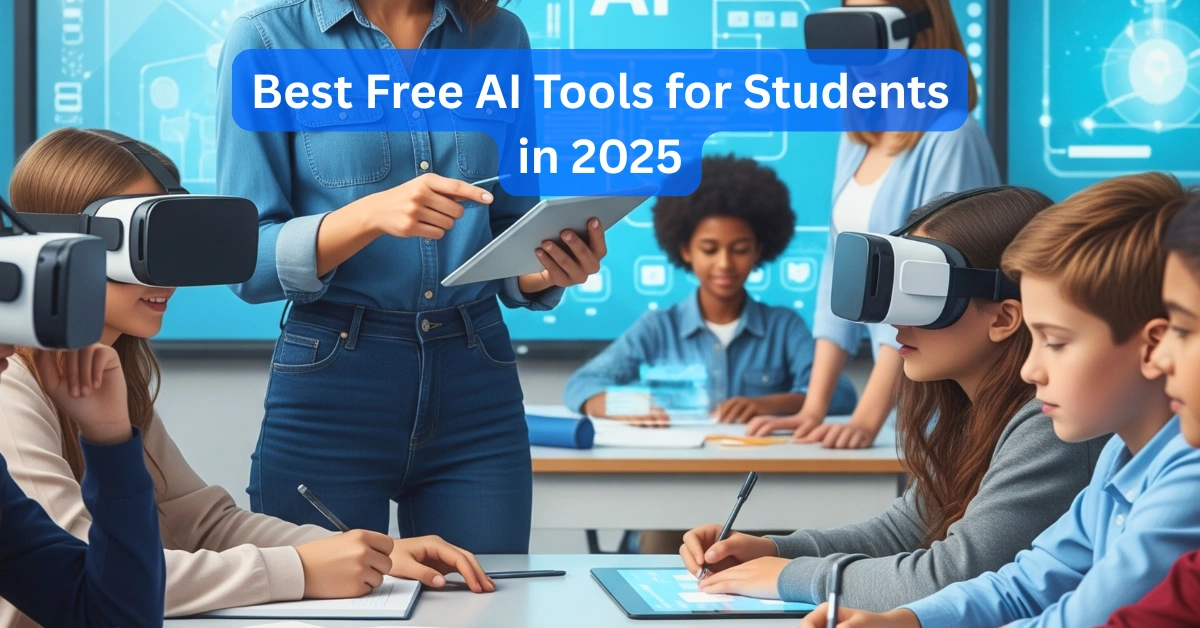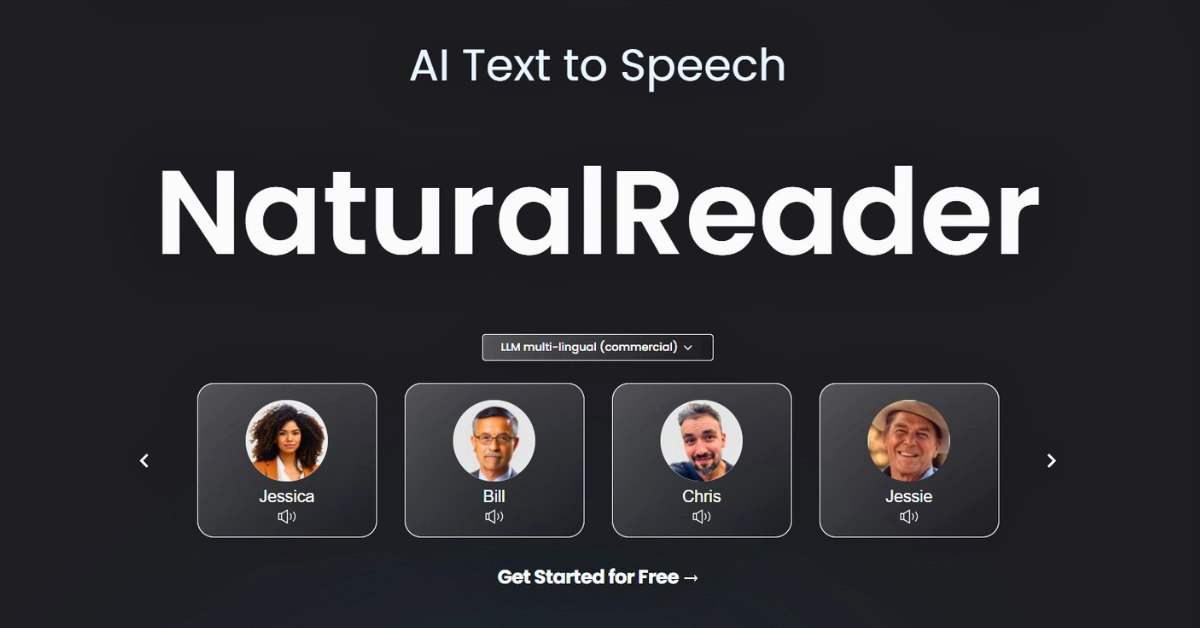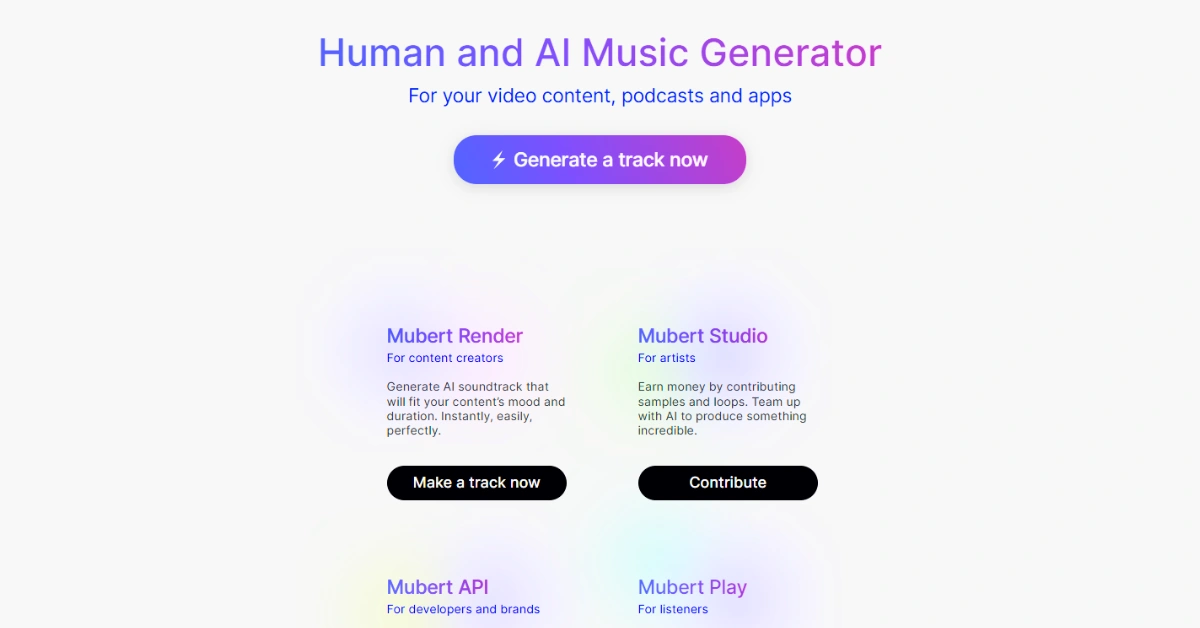Understanding AI as a General-Purpose Technology: Revolutionizing Industries and Innovations

Artificial Intelligence (AI) makes machines human-like by enabling them to learn, reason, and make decisions. AI includes machine learning, natural language processing, and deep learning, which power intelligent systems to perform complex tasks.
A General-Purpose Technology (GPT) innovation impacts multiple industries and drives economic and societal change. Historical examples include electricity, the Internet, and the steam engine. Today’s AI GPT models—like OpenAI’s ChatGPT —are changing industries by generating human-like text, analyzing data, and automating tasks. AI is a game-changer because it improves customer service, optimizes workflows, and speeds up research.
This article examines AI GPT models as general-purpose technology and their impact, benefits, challenges, and future potential. Understanding AI as a GPT is essential for businesses and individuals to use its capabilities ethically and responsibly.
Understanding General-Purpose Technology (GPT)
A General-Purpose Technology (GPT) can change multiple industries and economies, but what makes a technology a GPT? It has to be universal, meaning it can be applied across sectors.
It should drive innovation, allow businesses and individuals to create new products and services, help productivity gain overall, and drive economic growth. A GPT must evolve and improve over time, getting stronger as it improves.
AI fits all those criteria. It’s already being used in healthcare, finance, education, and entertainment and is getting better. AI is not just a tool—it’s a foundation for future innovation.
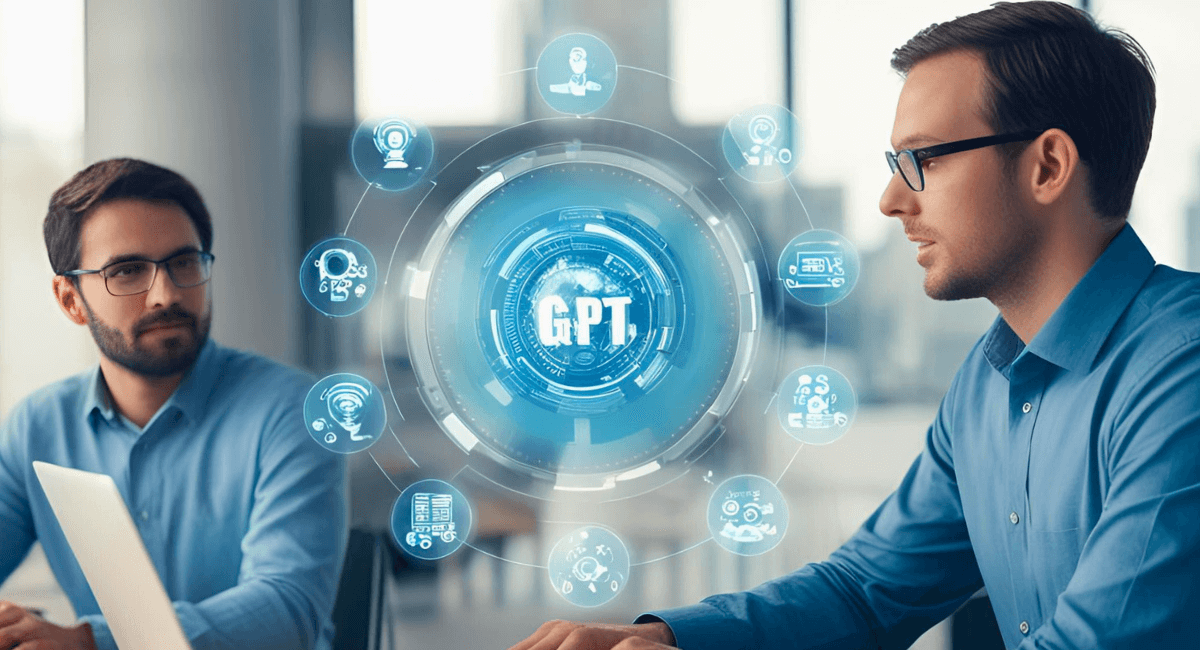
Historical GPTs are Electricity, Internet, Steam Engines
Throughout history, certain technologies have changed the way we live and work. The initial adoption might take decades but by now it is an integral part of life.
- Electricity changed industries by powering machines, lighting homes, and infrastructure.
- The Internet changed communication, commerce, and access to information, making the world more connected than ever.
- Steam engines powered the Industrial Revolution, mass production, and economic growth.
These technologies started in one industry but spread to almost every part of life.
How AI compares to Past GPTs
Like electricity and the internet, AI is an innovative technology becoming part of modern life. It’s not limited to one industry—it makes us more productive and faster and creates new business models. AI-powered chatbots, self-driving cars, and automated medical diagnoses are a few examples of AI shaping the future.
As AI improves, it will drive the next wave of technological progress, just like past GPTs did. It will make work more efficient, make better decisions, and create possibilities for innovation.
The GPT Model Journey
AI has come a long way from simple rule-based systems to advanced GPT models. These AI applications and models, like ChatGPT, can understand and generate human text, making them extremely useful across industries.
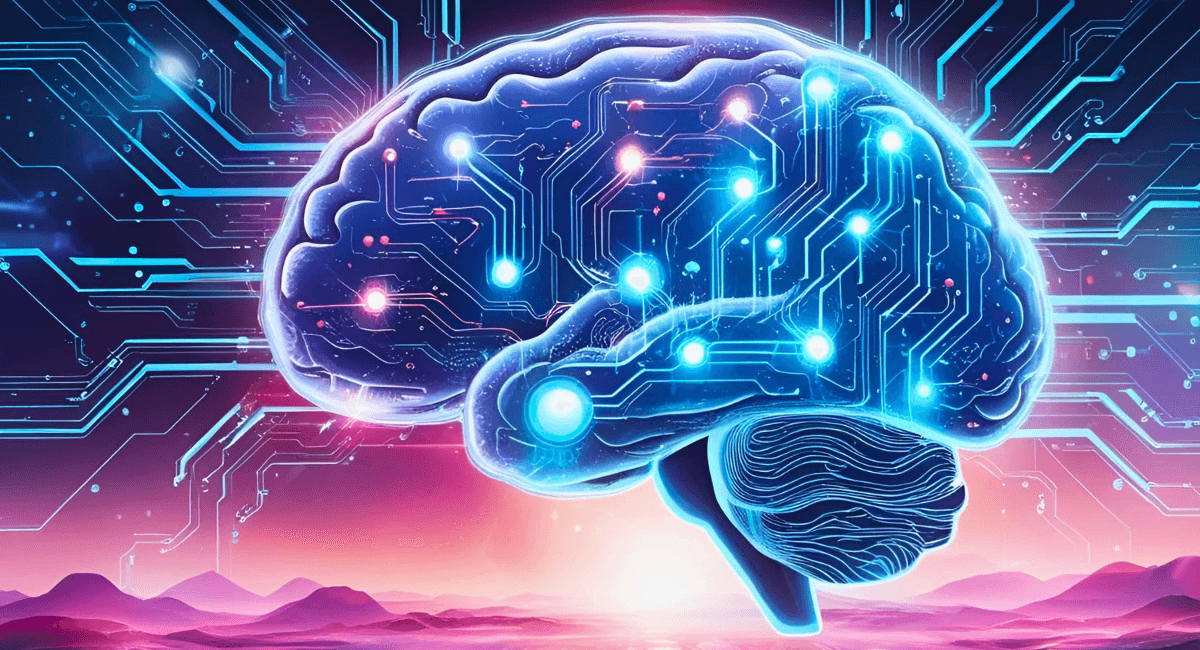
How GPT Models Evolved
- Early AI – Basic programs that followed the rules and had no adaptability.
- Machine Learning (ML) – AI started learning from data instead of just rules and became more accurate in prediction and automation.
- Deep Learning & Neural Networks – Inspired by the human brain, these models gave us breakthroughs in image recognition, speech processing, etc.
- GPT Models – AI can generate, summarise, and understand text at an advanced level, making human-like conversations possible.
With all the advancements, GPT models are changing how we interact with technology, making everyday tasks easier and businesses more efficient.
Artificial Intelligence as a General-Purpose Technology: Key Features of AI GPT Models
AI GPT models have changed the way we interact with machines. These models are complementary innovations, powered by deep learning and natural language processing (NLP), which can do complex tasks, automate workflows, and increase productivity. Some key features make AI GPT models widespread adoption in mode.
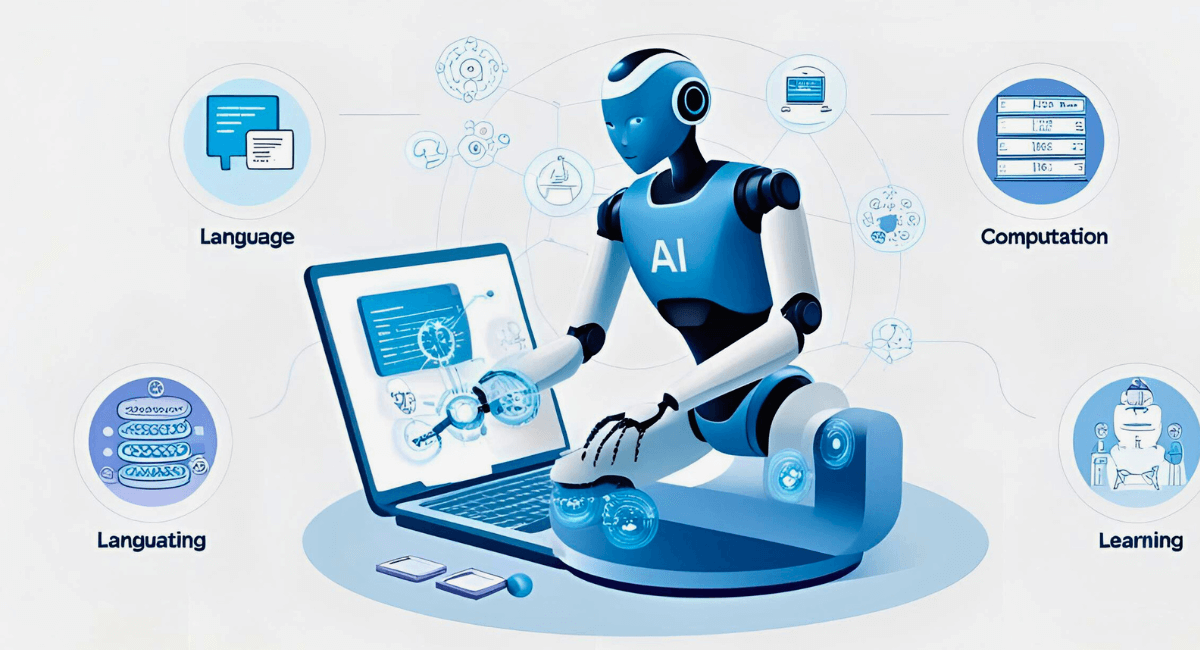
NLP and Understanding
One of the most prominent features of AI GPT models is that they can understand and generate human text thanks to NLP. It gives the AI context, tone, and sentiment, making conversations more human. It also enables the AI to translate real-time language, breaking worldwide communication barriers.
NLP can also summarise long content, making information more accessible. Chatbots and voice assistants like ChatGPT, Google Bard, and Siri use NLP to provide personalized interactions, better customer service, and convenience. As AI improves, NLP interactions will become even smoother.
Self-Learning and Adaptability
Unlike traditional software that follows rules, GPT models are self-learning and adaptive. They improve over time, learning from you to refine their answers. They process big data, gain more context, and generate insights.
Moreover, feedback loops help adapt to the real world and solve problems more efficiently. AI is more intuitive and responsive and can handle many tasks across industries, such as healthcare, finance, education, and beyond, driving innovation and efficiency.
Automation and Decision Making
GPT models are changing industries by doing repetitive work and making data-driven decisions. Businesses use AI to auto-serve customers through chatbots, instant answers, and better customer experience.
AI processes massive data and helps companies make better business decisions. It sees patterns in financial markets and trading and investment strategies in finance. In healthcare, it analyses patient data to help doctors diagnose diseases.
Because AI can process and analyze data in real-time, it’s faster, more accurate, and more productive across multiple industries.
Personalization and User-Centric AI
AI GPT models learn about users by analyzing their behavior, preferences, and past interactions to provide personalized recommendations. For example, AI suggests movies, music, and videos based on users’ preferences for streaming services like Netflix, Spotify, and YouTube.
Additionally, it also recommends products based on browsing and purchase history on e-commerce platforms like Amazon, Shopify, and eBay. In Duolingo, Coursera, and Udemy, AI learns students’ paths so they can learn independently. This personalization increases engagement and customer happiness, making digital seamless.
Role of AI GPT Models in Different Industries
AI GPT models automate, predict, and decide. AI makes businesses more efficient and customer-centric, from healthcare to marketing, finance to education.

Healthcare
- AI helps doctors analyze medical images, lab reports, and patient data to make faster and more accurate diagnoses. Predictive analytics forecast potential health risks, and AI chatbots offer virtual health support, making health and patient care more accessible.
Finance
- AI plays a significant role in fraud detection and algorithmic trading in finance by analyzing spending patterns and market trends. AI-powered chatbots and virtual assistants make customer support and financial planning more efficient and secure.
Marketing and Sales
- AI helps businesses generate content, automate customer interactions, and predict buying behavior in marketing and sales. AI-powered tools like chatbots and CRM systems personalize customer engagement based on user preferences.
Education
- AI personalized learning by adapting lessons to ‘students’ progress. Virtual tutors and automated grading make education more accessible and efficient. AI-driven platforms let students learn at their own pace and receive real-time feedback.
Manufacturing
- From manufacturing and law to creative industries, AI is changing how businesses operate, innovate, and engage with customers. As AI advances, its role will only grow, making industries smarter, faster, and more efficient.
Benefits of AI as General-Purpose Technology
AI as a General-Purpose Technology (GPT) is changing industries by making things faster, more innovative, and more efficient.
One of the most significant benefits is boosting efficiency and productivity—AI can automate mundane tasks, save businesses time and effort, and let employees focus on the important stuff.
The other advanced benefit is that it helps reduce costs and save resources by reducing manual labor and optimizing operations.
It can quickly process vast amounts of data and give better insights into data. Moreover, it helps businesses to make better and more informed business decisions.
Most importantly, AI is about accessibility and digital inclusion, making tech more user-friendly for people with disabilities so everyone has an equal chance.
Challenges and Ethical Issues with AI GPT Models
Despite the benefits, AI has challenges and ethical concerns:
- AI Bias and Fairness: One of the major issues is AI reflects biases in training data leading to unfair outcomes and false results.
- Data Privacy and Security Risks: AI processes a lot of personal data which might lead to security risks and breaches.
- AI Hallucinations & Misinformation: AI has a great potential to generate false or misleading information so it needs to be trained carefully.
- Regulatory and Legal Issues: As AI models continue to evolve, they may pose significant regulatory and legal issues that need to be overcome by Governments.
- Job Displacement and Workforce Transformation: AI might replace some jobs and this raises the continued need for reskilling and upskilling.
Future Trends and Innovation in AI GPT Models
AI is evolving; here are the future trends:
- AI in Emerging Technologies (Blockchain, IoT): In the future, AI will enhance security through blockchain and automate processes via IoT.
- Multimodal AI: Text, Image, Video Processing – AI will analyze and create content across various formats.
- Human-AI Collaboration: Augmented Intelligence – AI will act as an assistant rather than a substitute for human intelligence.
- The Road to Artificial General Intelligence (AGI): Researchers are striving for AI to perform any intellectual task that a human can.

AI GPT Model Best Practices for Business
Using AI GPT models can be a game-changer for your business, but only if you use them wisely. Here’s what you need to get right.
- Develop a Defined Strategy: First, develop an AI strategy. Before using AI, define your goals: automating tasks, improving customer service, or making better decisions with data. A planned approach means using AI to solve a problem, not just because it’s a new technology.
- Trained AI To Be Transparent and Ethical: Next, transparency and ethical AI should be top priorities. Your AI models must be fair, not biased, as biased AI can lead to unfair decisions and harm customer trust.
- Educate and Train Employees: Then, train your employees to use AI. AI works alongside humans, not instead of them. Employees should be trained to use AI tools and new skills to feel empowered and not threatened by technology.
- Adhere to Ethical Regulations: Finally, keep up with AI regulations. AI and data privacy laws are changing fast, and you must stay compliant to avoid legal risks. Follow the rules so AI is used wisely and ethically.
Final Thoughts
AI GPT models are changing industries and making us better humans as a General-Purpose Technology; AI will change how businesses work and how we interact with technology. But with great power comes great responsibility. While AI is impressive, ethics and job displacement must be handled carefully.
The future of AI is all about innovation vs responsible development, so AI benefits humanity and it will be the next GPT. The possibilities are endless as AI progresses— from healthcare to creative innovation. Businesses and individuals who adapt to AI now will be at the forefront of the following digital wave.
FAQS
Is artificial intelligence a general-purpose technology?
- Yes, AI is a general-purpose technology.
What is general purpose technology, Gen AI?
- General purpose technology (Gen AI) means AI that can do many things across many domains.


